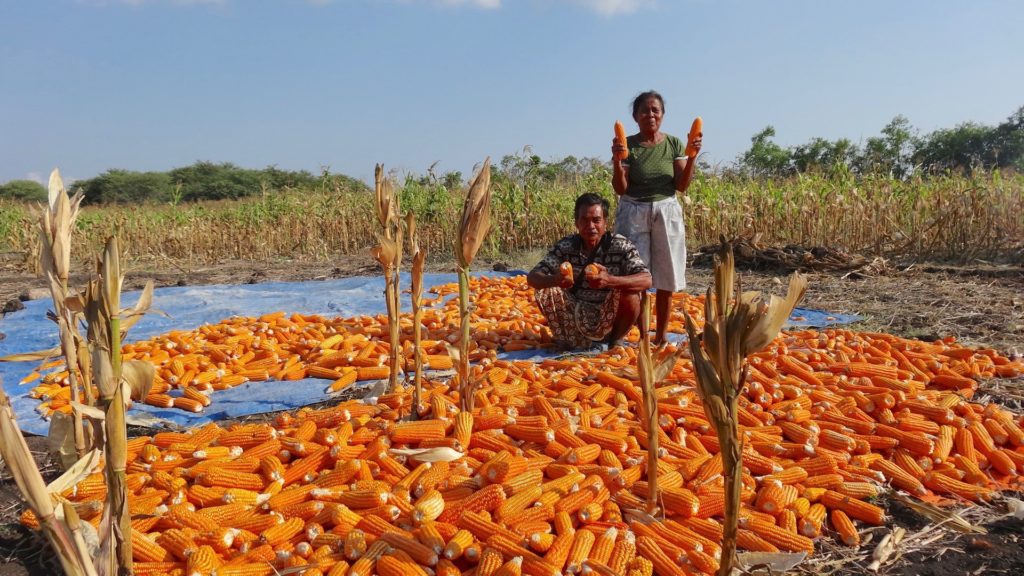

RAID’s Take-Home Messages
September 7, 2016
We’ve recently reported on the new, even closer relationship between the Crawford Fund and Researchers in Agriculture for International Development (RAID).
RAID members were certainly evident at our recent annual conference, and their involvement as speakers and session chairs in our special scholars’ days was very much appreciated. We are also pleased to share a report they have done of their ‘take-home messages’ from the conference, penned by two members and former conference scholars Skye Gabb and David McGill.
Waste Not, Want Not: Take-home messages from the 2016 Crawford Fund Conference
David McGill and Skye Gabb, RAID
This week we attended the 2016 Annual Crawford Fund Conference ‘Waste Not, Want Not: The Circular Economy to Food Security’, where food loss and waste along the supply chain was discussed.
Given the importance of this issue (1/3 of food is lost or wasted every year!) we thought we’d share what we thought were some of the key take-home messages from the conference.
-
- The most food waste and loss is “near the fork” in developed regions and “near the farm” in developing regions.
Dr Karen Brooks, Mr Brian Lipinksi
- The most food waste and loss is “near the fork” in developed regions and “near the farm” in developing regions.

-
- Interventions that can reduce food loss and waste include the sale or donation of unmarketable crops, improved infrastructure and market access, improved agricultural extension, better harvesting and on-farm storage, and improved cold chains for animal products.
Mr Brian Lipinksi, Ms Madeline Healey, Professor Louise Fresco, Mr Simon Costa, Mr Salesh Kumar, Professor Alice Woodhead - Reducing food waste and loss can decrease food prices, which benefits the consumer but may decrease farmer income.
Dr Karen Brooks - A circular food economy allows resources to be recycled through the system. For example, biogas from fermented wastes can provide cooking gas and lighting for poor households, while capturing phosphorus from human excreta can provide fertiliser for crops.
Dr Steve Lapidge, Dr Dana Cordell, Dr Bernadette McCabe - Clusters of volunteers who are linked to trained experts (e-mentors) can contribute to building capacity for farmers and extension staff, thus contributing to reduced food loss and waste.
Ms Madeline Healey - “Pull” mechanisms can provide incentives for private industry to invest where there’s been market failure in addressing food loss and waste.
Mr Rodrigo Ortiz - Using consistent terms in measuring and describing food loss and waste is important. The ‘Food loss and waste protocol’ has been developed to standardise quantification of food and inedible parts removed from the food chain.
Mr Brian Lipinksi - Digital technology can link farmers, extension officers and researchers, and help both reduce and measure food loss and waste. For example, the Plantwise program is using digital technology to help farmers to manage crop health.
Dr Washington Otieno - Decreasing food loss and waste is only part of the solution; increasing food safety and improving food access through safety nets and feeding programs is also essential.
Dr Karen Brooks, Professor Louise Fresco
- Interventions that can reduce food loss and waste include the sale or donation of unmarketable crops, improved infrastructure and market access, improved agricultural extension, better harvesting and on-farm storage, and improved cold chains for animal products.
Read the biographies, abstracts and PowerPoint presentations of these and other speakers at the 2016 Crawford Fund Annual Conference on the Crawford Fund website.




